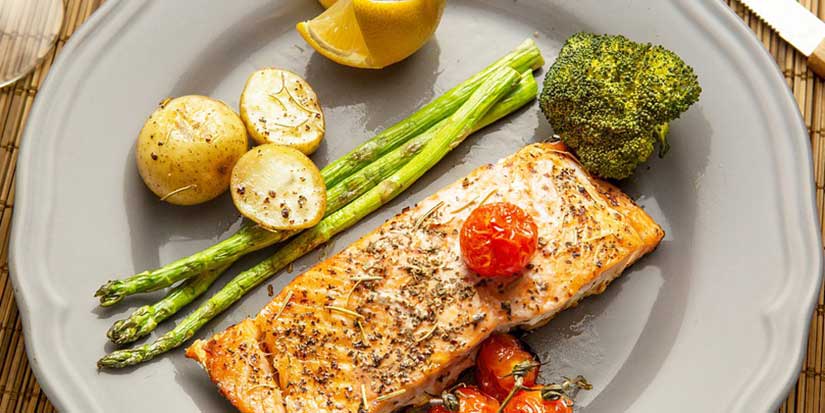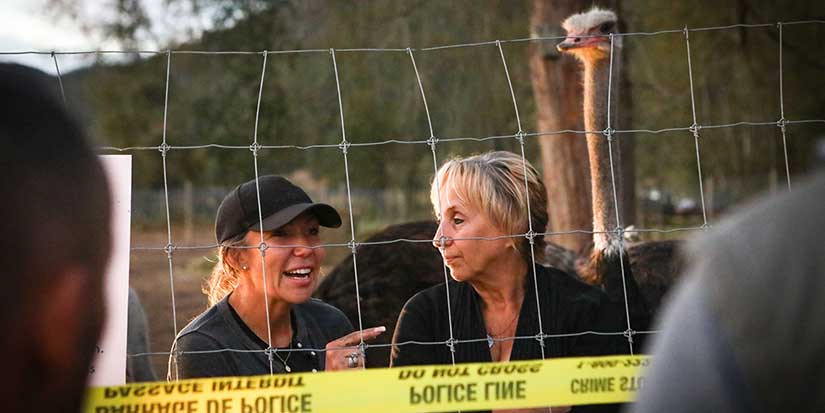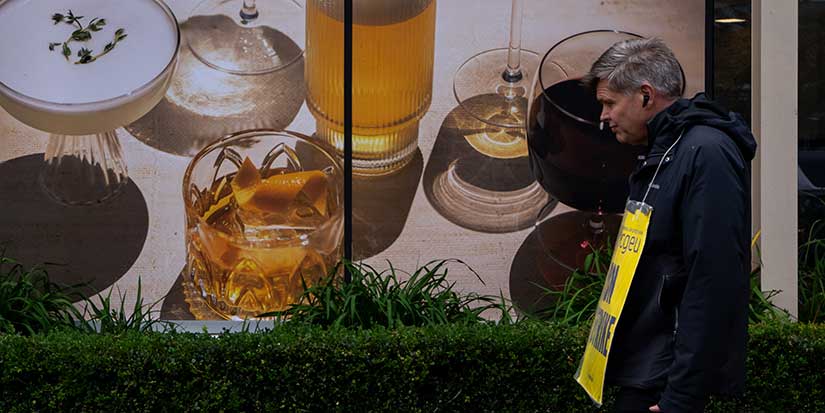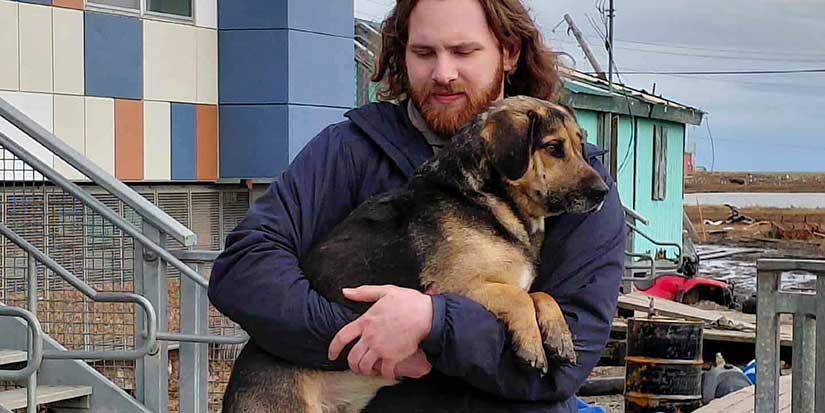Latest News
Hospital food getting a local flavour
By Don Fennell
Published 12:49 PDT, Fri July 30, 2021
Menu good for patients and local growers, producers
Often described as bland, boring and tasteless, hospital food doesn’t have the best reputation. But thankfully that’s changing.
With an emphasis on putting locally-grown and produced B.C. foods on the menu, Lower Mainland health authorities—including Richmond Hospital—are feeding two desires: serving patients a more appealing fare and helping support local farmers, fishers, ranchers and food producers.
"Having our loved ones able to enjoy more local and seasonal food while in hospital or living in long-term care is an important part of healing and staying connected," said Lana Popham, Minister of Agriculture, Food and Fisheries. "What started as a simple idea has now grown into an important and successful program, as Feed BC is helping institutions to bring in more local culinary options that benefit patients and clients.”
Henry Yao, MLA for Richmond South Centre, says eating fresh, culturally appropriate food while staying in the hospital can help patients heal and regain their strength.
“By offering more local food in Vancouver Coastal Health (VCH) facilities, we're improving outcomes for people who are receiving care, while also supporting our local farmers and producers,” he says.
In the Provincial Health Services Authority (PHSA), the B.C. Forensic Psychiatric Hospital in Coquitlam has developed a partnership with Okanagan Select, an Indigenous fishery owned and operated by the Syilx (Okanagan Nation Alliance), to source B.C.-caught and processed sockeye and chinook for patients. Introducing salmon and other menu items helps maintain connection for some Indigenous patients and others with cultural food interests and preferences, and supports B.C. fishers, producers and processors. It also helps the health authority work toward the goal of procuring at least 30 per cent B.C. foods.
"The partnership Okanagan Select has developed with the B.C. Forensic Psychiatric Hospital means more local food is getting to more British Columbians in the care of the health authority," said Cordell Yazzie, operations and sales co-ordinator for Okanagan Select. "This provides nourishing food to help keep those in care connected to their culture, which is important to us. Feed BC is supporting local companies to expand into greater markets, and giving the opportunity to reach more people around B.C."
For National Indigenous Peoples Day, the Forensic Psychiatric Hospital developed a menu featuring traditional B.C. foods and Indigenous recipes. The menu included salmon smoked in-house and candied salmon from the Okanagan Nation Alliance, bannock made using a recipe from one of their Indigenous patients, huckleberry and Saskatoon berry compote and marinated seaweed, all served on traditional cedar planks made by the patients.
In other PHSA facilities, such as the BC Children's and BC Women's hospitals, patient menus offer butter chicken, saag paneer and dahl from Surrey-based processor Spice Mantra, in partnership with food provider Compass Group.
"This partnership is a proud result of hard work behind the scenes to improve access to fresh, locally grown produce and other local food and beverage products," said Health Minister Adrian Dix. "We know how important it is to eat well, and this demonstrates our ability to empower the health system to prioritize healthy, local food in hospitals and other facilities. People know they're getting the best of B.C. when they are in our care."
Vancouver Coastal Health (VCH) and Providence Health Care (PHC) are working with food service company Sodexo to help bring more B.C. foods to their patients, residents and facilities. Some examples of current B.C.-produced or processed products and suppliers to VCH and PHC are Highline Mushrooms produced in the Lower Mainland and baked goods from Monte Cristo's bakery in Delta.
While procuring B.C. foods is a priority for health authorities, protecting the health and safety of vulnerable patients is paramount. All food products, including those produced and processed in B.C., must comply with the highest standards for food safety, nutrition, allergens and traceability.































